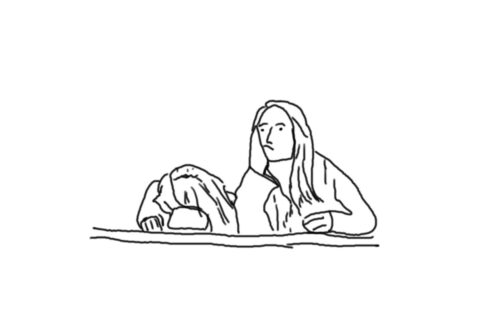In Psalm 139 we see the knowledge that God has of human beings. It is comprehensive, grounded in his creation of human beings and providence over their lives. A human being cannot find anywhere to hide from God’s scrutiny, he cannot even find an intellectual shelter.
Consider divine and human knowledge of a door knob. It might be that the door knob appears knowable by human beings. After all, it is a fairly simple apparatus. I know this because, despite limited mechanical skills, I managed to install one on our bathroom door without loosing my temper. However, even such a simple thing cannot be known, comprehended by the human mind. God’s knowledge of a door knob is comprehensive. He knows things human beings know–when I turn it the door opens, it is made of metal, it is manufactured in China etc–and he knows much more. God knows the history of every part of the door knob; he knows who was working in the factory and who switched the machine on. He knows whether or not that person is married and he knows his every thought. God knows the history of the material from which the door knob is made. This means he knows how every part of the door knob formed in the earth, how taconite was made into steel.
Once one considers the immensity of divine knowledge it is difficult to believe that human knowledge extends very far at all (even though this is the repeated claim of the “wise” of our day). Furthermore, it is clear that human knowledge rests on God’s comprehensive knowledge for its existence. It would not be possible to know anything unless God knew everything. This is because if there were things that no one knew there might be things that, if known, would render everything already known as untrue (and thus not known).



One Comment
Veritasdomain
Psalms 19 and 139 are great passages that has implications on epistemology; thanks for sharing this.